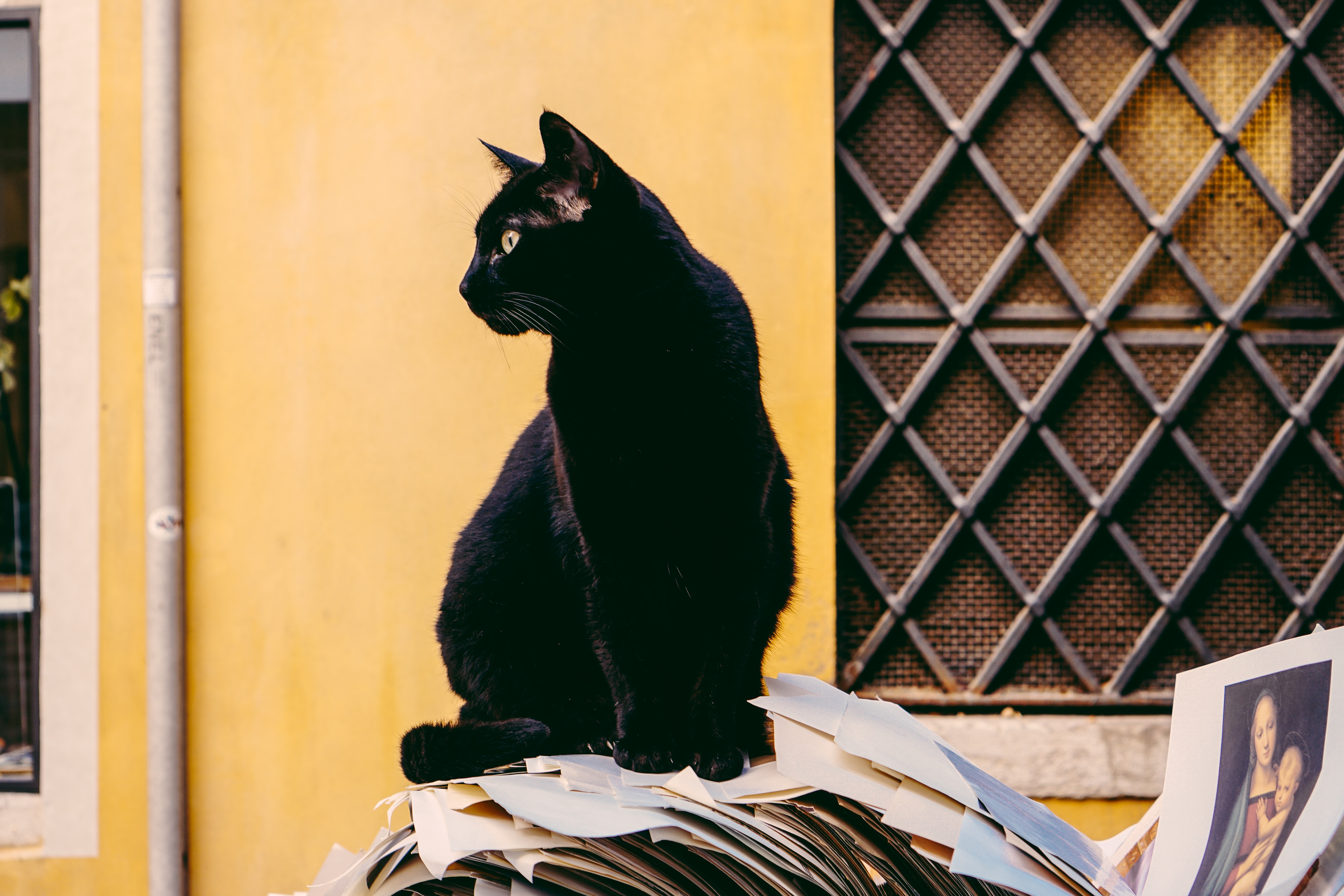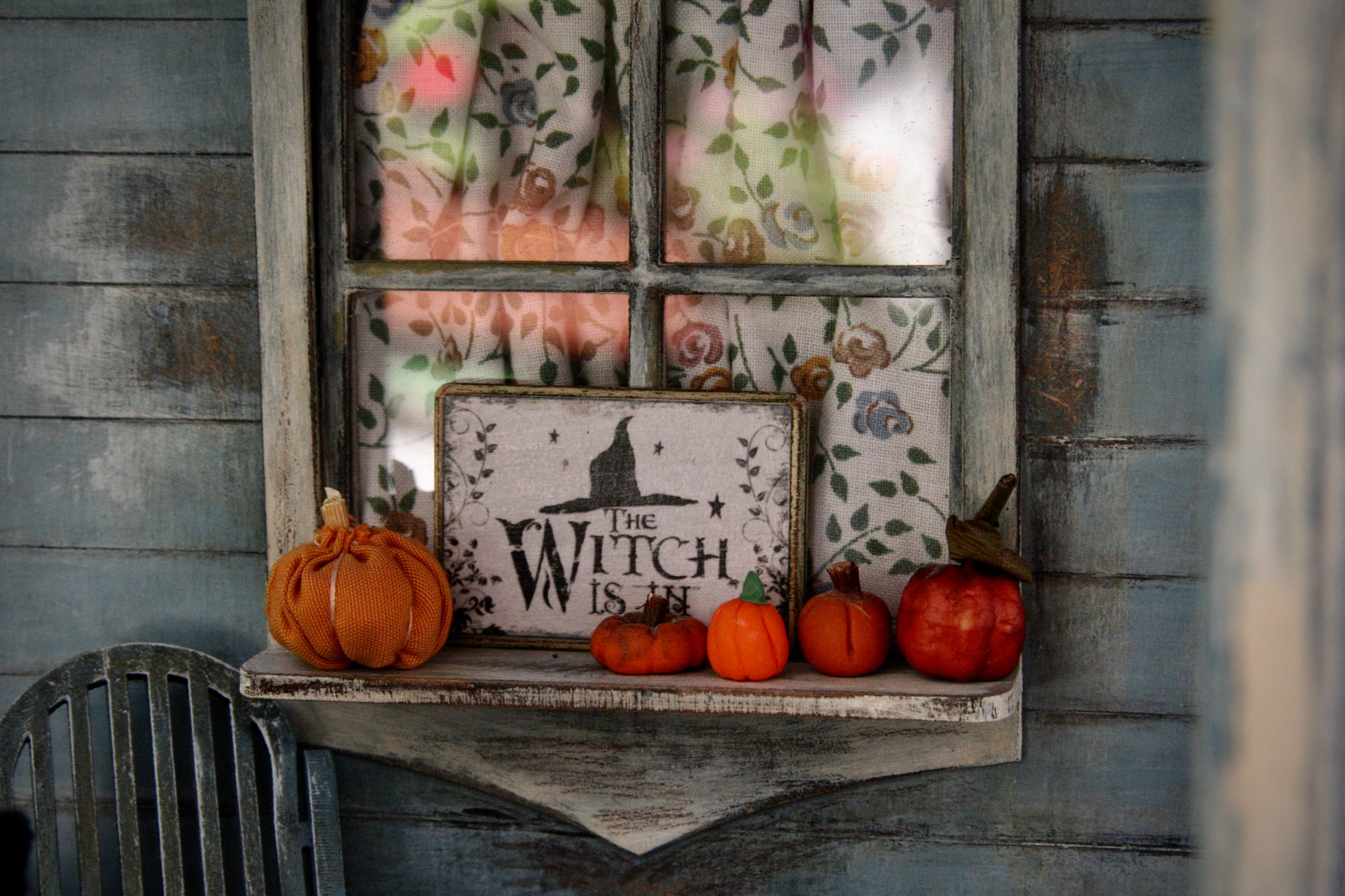The Sky is Everywhere- The evolution of a character
RECENZIE SCRISĂ DE RĂZVAN ANTON. A apărut inițial pe Teoriile unui blogger.
If I, not Jandy Nelson, had written this book, it would have definitely been called 'Becoming Lennie'. Because that's what The Sky is everywhere is about. It's about shifting from a Lennie with a sister, to a sisterless Lennie. From a companion pony to a solo race horse.
The journey is long and difficult. From the first pages of the novel we are acquainted with a dysfunctional family. A mother who was never there, portrayed as a restless explorer, an uncle who spent his days trying to revive plants and smoking weed and a grandmother who tried to conceal her grief as much as possible.
 And Bailey. The sister who died. Who would no longer be there for Lennie. Who would make everyone feel lost and meaningless. Who would follow them in spirit, forcing them to readjust their lives. Who would be present in scraps of paper, poems, clothes she'd never get to wear again, thoughts she'd never get to think, places she'd never go to and things she'd never get to say... all spoken out by Lennie and through Lennie.
The male characters help define the new Lennie, help her to become someone different. Someone more like herself. Lennie lived her life in the shadow of her sister. This may be why she and Toby, her sister's fiance, feel attracted to each other, as sickening and mind-blowing as it may seem. By hanging out together, they come together in pain. And it makes them feel closer to Bailey, it makes them feel that she is alive again when they are together. They feel like no one understands their grief better than they understand each other's.
Then there's Joe Fontaine. The guy that every girl would die for. The guy everyone would love to be around. The Johnny Depp and George Clooney put together type of guy. But above all that, Joe Fontaine is Lennie's connection to her future self. Her passport from Lennie Walker to 'John Lennon', the reason for her to become a better person, one who deals with her emotions effectively and trusts herself more.
The main story is not the greatest you'll ever read. This is why these lines are not about the story per-se. There isn't much to write about a 17 year-old girl falling in love with a guy, going out with another and feeling guilty about it, getting caught red-handed and then trying to get her one true love back.
But there is much (or at least something) to write about a 17 year-old who never met her mother, lost her sister, didn't accept that she lost her sister, tried to keep her alive in any possible way, felt attracted in grief by her now-never-to-be future brother-in-law, but felt deeply in love with Joe Fontaine, found out that her mother wasn't that much of an explorer and at some point admitted 'I don't know who I am any longer'.
This confession is a turning point in the novel. From this point onward, Lennie becomes herself. She doesn't let go of her sister's memory, but she does come to realize that she has to find her way in the world, that her sister wouldn't want her to be a companion pony all her life and that she has to make the best out of her life.
The Lennie Walker at the beginning of the novel is sad, does not trust herself, misses herself as a side-kick of her sister's, does not know what she feels and towards whom (is it Toby or is it Joe?), is not at peace with the figure of her mother or with the other members of the family. The Lennie Walker at the end of the novel is more self-confident and decidedly self-aware, understands the value of loss, knows how to make a difference between her emotions and is capable of making decisions for herself and for her future next to the one she loves.
Oh, and there's a plant at the beginning of the novel and the same plant at the end of it... does that mean anything? You should find out for yourselves...
And Bailey. The sister who died. Who would no longer be there for Lennie. Who would make everyone feel lost and meaningless. Who would follow them in spirit, forcing them to readjust their lives. Who would be present in scraps of paper, poems, clothes she'd never get to wear again, thoughts she'd never get to think, places she'd never go to and things she'd never get to say... all spoken out by Lennie and through Lennie.
The male characters help define the new Lennie, help her to become someone different. Someone more like herself. Lennie lived her life in the shadow of her sister. This may be why she and Toby, her sister's fiance, feel attracted to each other, as sickening and mind-blowing as it may seem. By hanging out together, they come together in pain. And it makes them feel closer to Bailey, it makes them feel that she is alive again when they are together. They feel like no one understands their grief better than they understand each other's.
Then there's Joe Fontaine. The guy that every girl would die for. The guy everyone would love to be around. The Johnny Depp and George Clooney put together type of guy. But above all that, Joe Fontaine is Lennie's connection to her future self. Her passport from Lennie Walker to 'John Lennon', the reason for her to become a better person, one who deals with her emotions effectively and trusts herself more.
The main story is not the greatest you'll ever read. This is why these lines are not about the story per-se. There isn't much to write about a 17 year-old girl falling in love with a guy, going out with another and feeling guilty about it, getting caught red-handed and then trying to get her one true love back.
But there is much (or at least something) to write about a 17 year-old who never met her mother, lost her sister, didn't accept that she lost her sister, tried to keep her alive in any possible way, felt attracted in grief by her now-never-to-be future brother-in-law, but felt deeply in love with Joe Fontaine, found out that her mother wasn't that much of an explorer and at some point admitted 'I don't know who I am any longer'.
This confession is a turning point in the novel. From this point onward, Lennie becomes herself. She doesn't let go of her sister's memory, but she does come to realize that she has to find her way in the world, that her sister wouldn't want her to be a companion pony all her life and that she has to make the best out of her life.
The Lennie Walker at the beginning of the novel is sad, does not trust herself, misses herself as a side-kick of her sister's, does not know what she feels and towards whom (is it Toby or is it Joe?), is not at peace with the figure of her mother or with the other members of the family. The Lennie Walker at the end of the novel is more self-confident and decidedly self-aware, understands the value of loss, knows how to make a difference between her emotions and is capable of making decisions for herself and for her future next to the one she loves.
Oh, and there's a plant at the beginning of the novel and the same plant at the end of it... does that mean anything? You should find out for yourselves...
 And Bailey. The sister who died. Who would no longer be there for Lennie. Who would make everyone feel lost and meaningless. Who would follow them in spirit, forcing them to readjust their lives. Who would be present in scraps of paper, poems, clothes she'd never get to wear again, thoughts she'd never get to think, places she'd never go to and things she'd never get to say... all spoken out by Lennie and through Lennie.
The male characters help define the new Lennie, help her to become someone different. Someone more like herself. Lennie lived her life in the shadow of her sister. This may be why she and Toby, her sister's fiance, feel attracted to each other, as sickening and mind-blowing as it may seem. By hanging out together, they come together in pain. And it makes them feel closer to Bailey, it makes them feel that she is alive again when they are together. They feel like no one understands their grief better than they understand each other's.
Then there's Joe Fontaine. The guy that every girl would die for. The guy everyone would love to be around. The Johnny Depp and George Clooney put together type of guy. But above all that, Joe Fontaine is Lennie's connection to her future self. Her passport from Lennie Walker to 'John Lennon', the reason for her to become a better person, one who deals with her emotions effectively and trusts herself more.
The main story is not the greatest you'll ever read. This is why these lines are not about the story per-se. There isn't much to write about a 17 year-old girl falling in love with a guy, going out with another and feeling guilty about it, getting caught red-handed and then trying to get her one true love back.
But there is much (or at least something) to write about a 17 year-old who never met her mother, lost her sister, didn't accept that she lost her sister, tried to keep her alive in any possible way, felt attracted in grief by her now-never-to-be future brother-in-law, but felt deeply in love with Joe Fontaine, found out that her mother wasn't that much of an explorer and at some point admitted 'I don't know who I am any longer'.
This confession is a turning point in the novel. From this point onward, Lennie becomes herself. She doesn't let go of her sister's memory, but she does come to realize that she has to find her way in the world, that her sister wouldn't want her to be a companion pony all her life and that she has to make the best out of her life.
The Lennie Walker at the beginning of the novel is sad, does not trust herself, misses herself as a side-kick of her sister's, does not know what she feels and towards whom (is it Toby or is it Joe?), is not at peace with the figure of her mother or with the other members of the family. The Lennie Walker at the end of the novel is more self-confident and decidedly self-aware, understands the value of loss, knows how to make a difference between her emotions and is capable of making decisions for herself and for her future next to the one she loves.
Oh, and there's a plant at the beginning of the novel and the same plant at the end of it... does that mean anything? You should find out for yourselves...
And Bailey. The sister who died. Who would no longer be there for Lennie. Who would make everyone feel lost and meaningless. Who would follow them in spirit, forcing them to readjust their lives. Who would be present in scraps of paper, poems, clothes she'd never get to wear again, thoughts she'd never get to think, places she'd never go to and things she'd never get to say... all spoken out by Lennie and through Lennie.
The male characters help define the new Lennie, help her to become someone different. Someone more like herself. Lennie lived her life in the shadow of her sister. This may be why she and Toby, her sister's fiance, feel attracted to each other, as sickening and mind-blowing as it may seem. By hanging out together, they come together in pain. And it makes them feel closer to Bailey, it makes them feel that she is alive again when they are together. They feel like no one understands their grief better than they understand each other's.
Then there's Joe Fontaine. The guy that every girl would die for. The guy everyone would love to be around. The Johnny Depp and George Clooney put together type of guy. But above all that, Joe Fontaine is Lennie's connection to her future self. Her passport from Lennie Walker to 'John Lennon', the reason for her to become a better person, one who deals with her emotions effectively and trusts herself more.
The main story is not the greatest you'll ever read. This is why these lines are not about the story per-se. There isn't much to write about a 17 year-old girl falling in love with a guy, going out with another and feeling guilty about it, getting caught red-handed and then trying to get her one true love back.
But there is much (or at least something) to write about a 17 year-old who never met her mother, lost her sister, didn't accept that she lost her sister, tried to keep her alive in any possible way, felt attracted in grief by her now-never-to-be future brother-in-law, but felt deeply in love with Joe Fontaine, found out that her mother wasn't that much of an explorer and at some point admitted 'I don't know who I am any longer'.
This confession is a turning point in the novel. From this point onward, Lennie becomes herself. She doesn't let go of her sister's memory, but she does come to realize that she has to find her way in the world, that her sister wouldn't want her to be a companion pony all her life and that she has to make the best out of her life.
The Lennie Walker at the beginning of the novel is sad, does not trust herself, misses herself as a side-kick of her sister's, does not know what she feels and towards whom (is it Toby or is it Joe?), is not at peace with the figure of her mother or with the other members of the family. The Lennie Walker at the end of the novel is more self-confident and decidedly self-aware, understands the value of loss, knows how to make a difference between her emotions and is capable of making decisions for herself and for her future next to the one she loves.
Oh, and there's a plant at the beginning of the novel and the same plant at the end of it... does that mean anything? You should find out for yourselves... 







